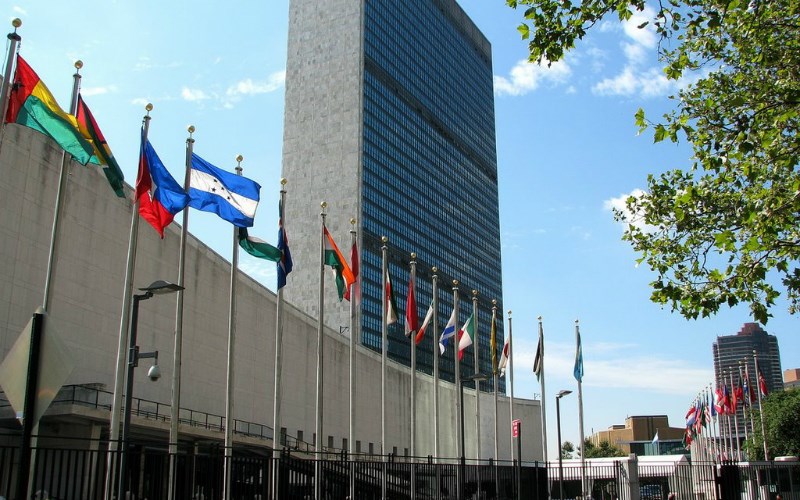One of the worst terror attacks against Muslims occurred on March 15, 2019. Fifty-one people were slaughtered and 40 injured when Brenton Tarrant entered two New Zealand mosques and opened fire. Three years later, the United Nations General Assembly (UNGA) adopted a resolution to bring recognition to the date, proclaiming March 15, 2022 as the "International Day to Combat Islamophobia."
A Twitter post by the General Assembly echoed the announcement:
"#UNGA proclaims 15 March the International Day to Combat Islamophobia. General Assembly calls for strengthened international efforts to foster global dialogue on promotion of culture of tolerance & peace, based on respect for human rights & for diversity of religions & beliefs."
American Family News spoke to Raymond Ibrahim, who admits being disappointed in the action taken by the General Assembly. The widely published author strongly condemns the attack, but also calls attention to the "hypocrisy" of the U.N.
"The question begs itself: What about the exponentially worse number of instances of Muslims killing Christians?" Ibrahim states.

He points out that over the last decade, nearly 1,000 Christians were killed by Muslims in churches alone. "And this is to say nothing of all the Christians who are killed in general by Muslim terrorists in the name of Islam," he adds.
Keeping the equivalency of mosques versus churches in mind, Ibrahim points out that "for every one Muslim who was killed in the [New Zealand] mosque, 20 or more Christians have been killed in a church."
Ibrahim wonders aloud: "Why doesn't the U.N. talk about this? Why isn't there a 'Christianophobia' day? [I can only conclude] they don't want people talking about what is happening to Christians. Ultimately, their agenda is to shut people up."
The research fellow at the Middle East Forum argues that the U.N. would consider his listing of facts about the atrocities and their connection to Islam to be "Islamophobic."
"There is a decidedly anti-Christian attitude in these large organizations, [including the UNGA and European parliament, for example] … that is pretty diabolical, not rational, and driven by evil," he argues. He cites as an example the European Parliament, which recently voted against discussing what's happening against Christians in the context of Nigeria when a girl was stoned and burned to death for blasphemy.
"These groups claim to care about human rights, freedom, and religious tolerance, but when it happens to the most persecuted group, Christians, they don't want to talk about it," he laments. "If they really cared about human rights, they would care about it irrespective of religion."
In essence, he says, "they're turning a blind eye to attacks on Christianity, [while essentially] protecting those who do attack it." And while to many that manifests itself as a political agenda, he concludes that there's "some spiritual dimension" to it as well.
For more than a decade, Ibrahim has produced a monthly report ("Muslim Persecution of Christians") that's dedicated to chronicling the abuses and slaughters that Christians experience throughout the Islamic world. He is author of "Sword and Scimitar: Fourteen Centuries of War Between Islam and the West."







